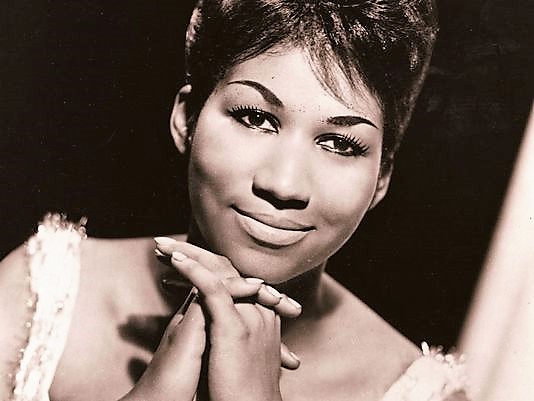Aretha Franklin, whose riveting voice made her a titan of American music, died of pancreatic cancer at the age of 76 on Thursday, her niece, Sabrina Owens confirmed. Her death follows several years of painstakingly concealed medical issues, which led to regular show cancellations and extended absences from the public eye. Franklin was one of the transcendent cultural figures of the 20th Century. Raised on an eclectic musical diet of gospel, R&B, classical and jazz, she blossomed out of her father’s Detroit church to become the most distinguished female black artist of all time, breaking boundaries while placing nearly 100 hits on Billboard’s R&B chart — 20 of them reaching No. 1. The Queen of Soul, as she was coronated in the 1960s, leaves a sprawling legacy of classic songs that includes “Respect,” “(You Make Me Feel Like) A Natural Woman,” “Chain of Fools,” “Baby I Love You,” “Angel,” “Think,” “Rock Steady,” “Bridge Over Troubled Water” and “Freeway of Love,” along with a bestselling gospel catalog.
Born in Memphis on March 25, 1942, Franklin moved at age 4 to Detroit when her father, the Rev. C.L. Franklin, took over duties at New Bethel Baptist Church. Turmoil set in early: Her mother left Detroit for Buffalo, N.Y., when Aretha was 6, and died four years later.
Still, Franklin grew up in an environment ideal for nurturing her skills. Her charismatic father was a preacher and singer with a national reputation, with sermons that became top-selling records and a gospel revue that toured the country. That brought important musical figures into the young singer’s orbit, including household guests such as James Cleveland, Mahalia Jackson, B.B. King and Sam Cooke. Growing up on Detroit’s northwest side, she was a childhood friend of Smokey Robinson.
She became a singing prodigy at New Bethel, and her sisters, Carolyn and Erma, also honed their gospel skills. But it was Aretha who steadily emerged as the standout, and by age 14 she was accompanying her father on his gospel travels.




